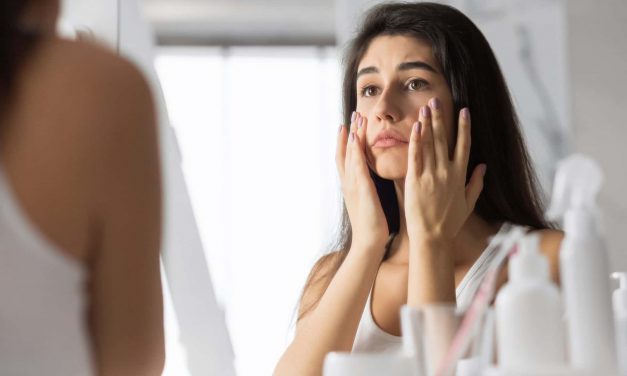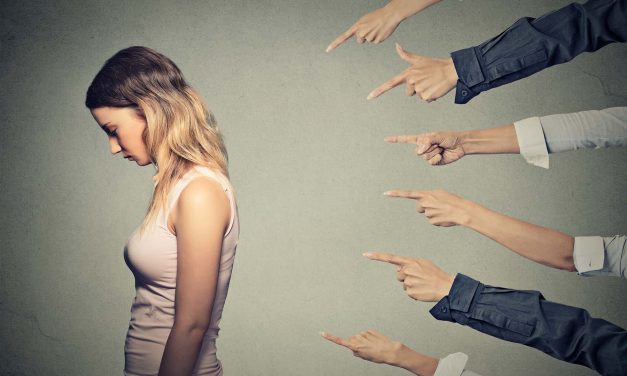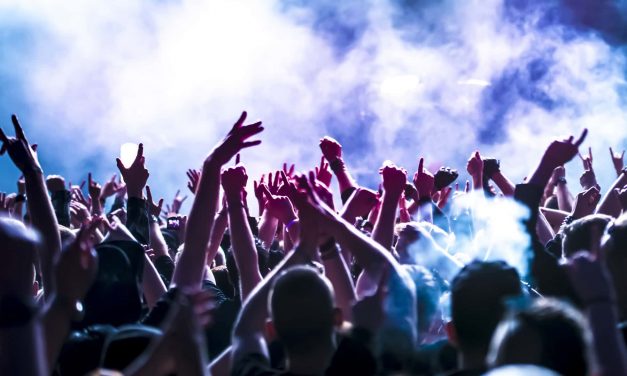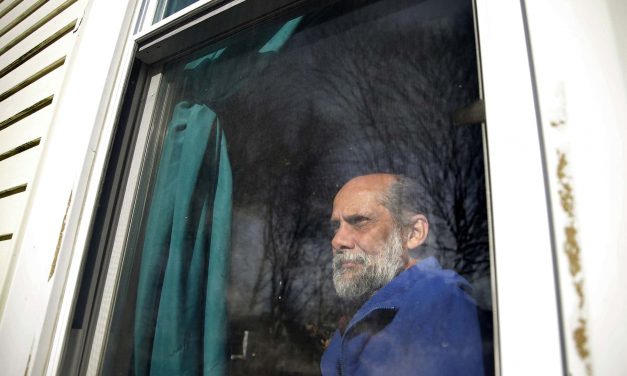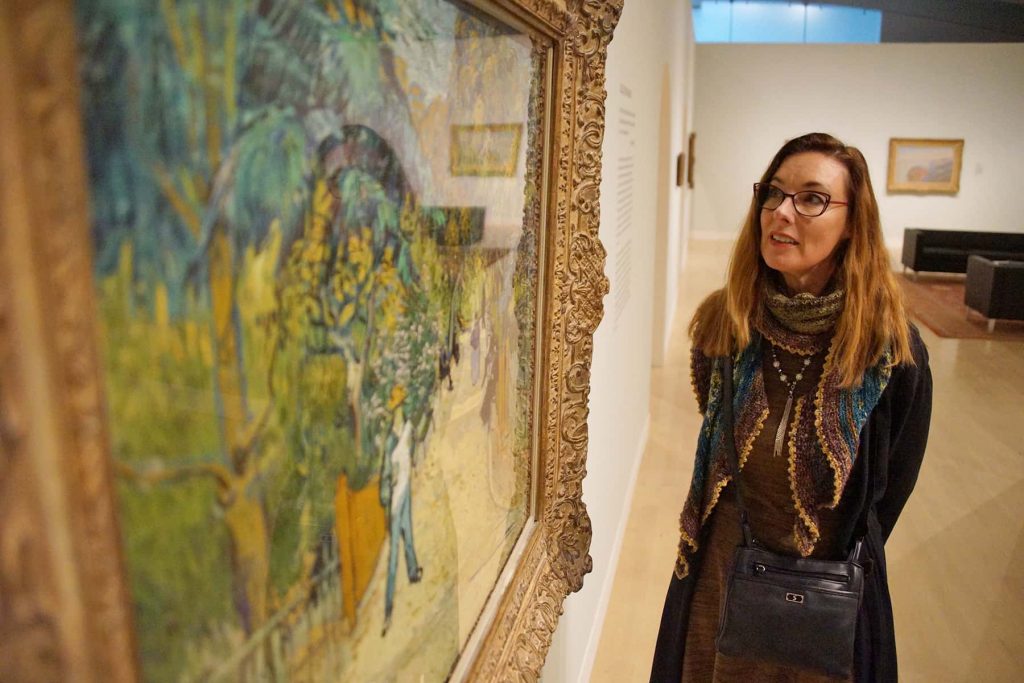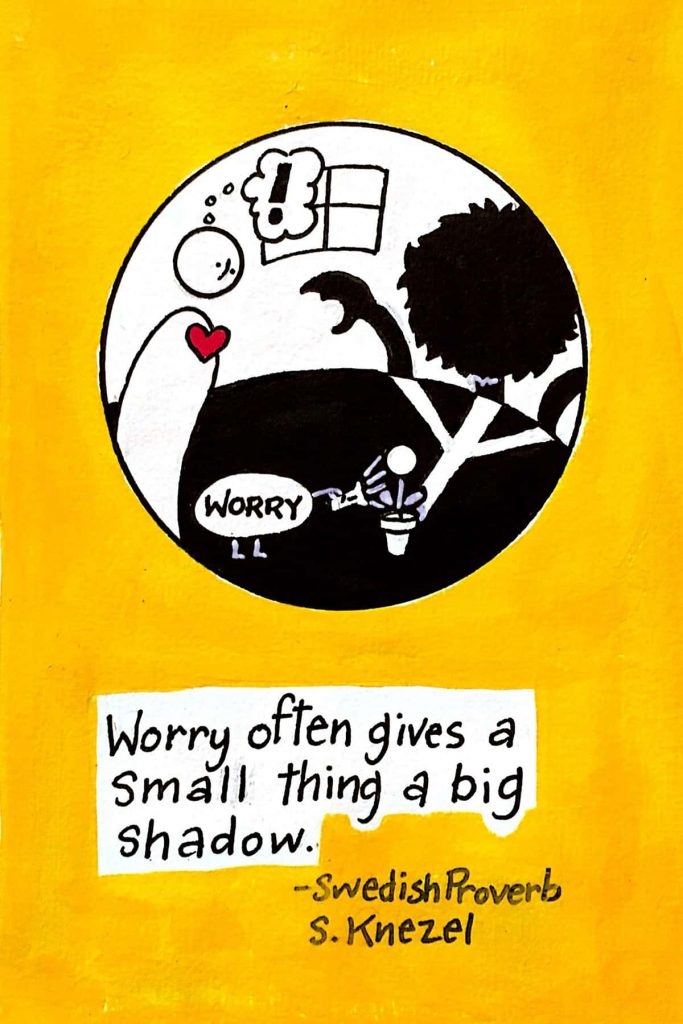Stop Touching Your Face: Changes to habitual behaviors can minimize the spread of COVID-19
By Stephen D. Benning, Assistant Professor of Psychology, University of Nevada, Las Vegas; Brian Labus, Assistant Professor of Epidemiology and Biostatistics, University of Nevada, Las Vegas; and Kimberly A. Barchard, Professor of Quantitative Psychology, University of Nevada, Las Vegas Public health officials consistently promote hand-washing as a way for people to protect themselves from the COVID-19 coronavirus. However, this virus can live on metal and plastic for days, so simply adjusting your eyeglasses with unwashed hands may be enough to infect yourself. The Centers for Disease Control and Prevention and the World Health Organization have been telling people to...
Read More
